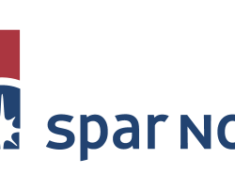In a renewed effort to control users’ newsfeeds they see when they log in on Facebook, Facebook now seems to have abandoned their plan to censor any news they personally did not seem fit to print. Instead, they are now asking users to rate news sources using surveys, with the ultimate goal of assigning trust scores. It will ask Facebook users general questions about different news sources, and whether they know and trust the source. It is unclear as to what Facebook will do with this information and whether they will trust the public’s judgment of the news. One possibility is to use it as the sole arbiter of the new newsfeed algorithm, another is whether they will ignore the public and use this as simply as a survey. Yet another possibility is whether they will implement it in a score reminiscent of mixed “judges” and “public” voting in order to create more of a blend of opinion.
More questions about the survey seem to stem from the fact that it is unknown exactly who helped create the survey and whether the survey itself may have any biases. There have been other recent surveys from the Reynolds Journalism Institute and the Pew Research Center, and this graph from the Atlantic (https://www.theatlantic.com/technology/archive/2018/01/facebook-media-trustworthiness/551045/) attempts to show possible results of such a survey.
This survey is part of an initiative to overhaul many parts of the Facebook experiences that will emphasize posts shared by friends and family, resulting in disappointment from many news agencies and published who rely on Facebook to get a large number of views. Facebook’s power to control what people see is bigger than ever, and they seem to be taking that responsibility seriously after being accused of not doing enough to tackle the issue of “fake news”. Mark Zuckerberg had been commenting on a rapid increase in unsourceable news articles coinciding with the 2016 election, and now it seems Facebook personally has tried to stop determining what is best for people while giving them a voice in the process.
Of course, all of this happening online has everyone on edge – from the companies believing their revenue streams will be further cut down, to people with political interests who believe Facebook is on one side or the other, to people who don’t trust that the process to determine which news sources will gain priority will be fair.
Dil Bole Oberoi





